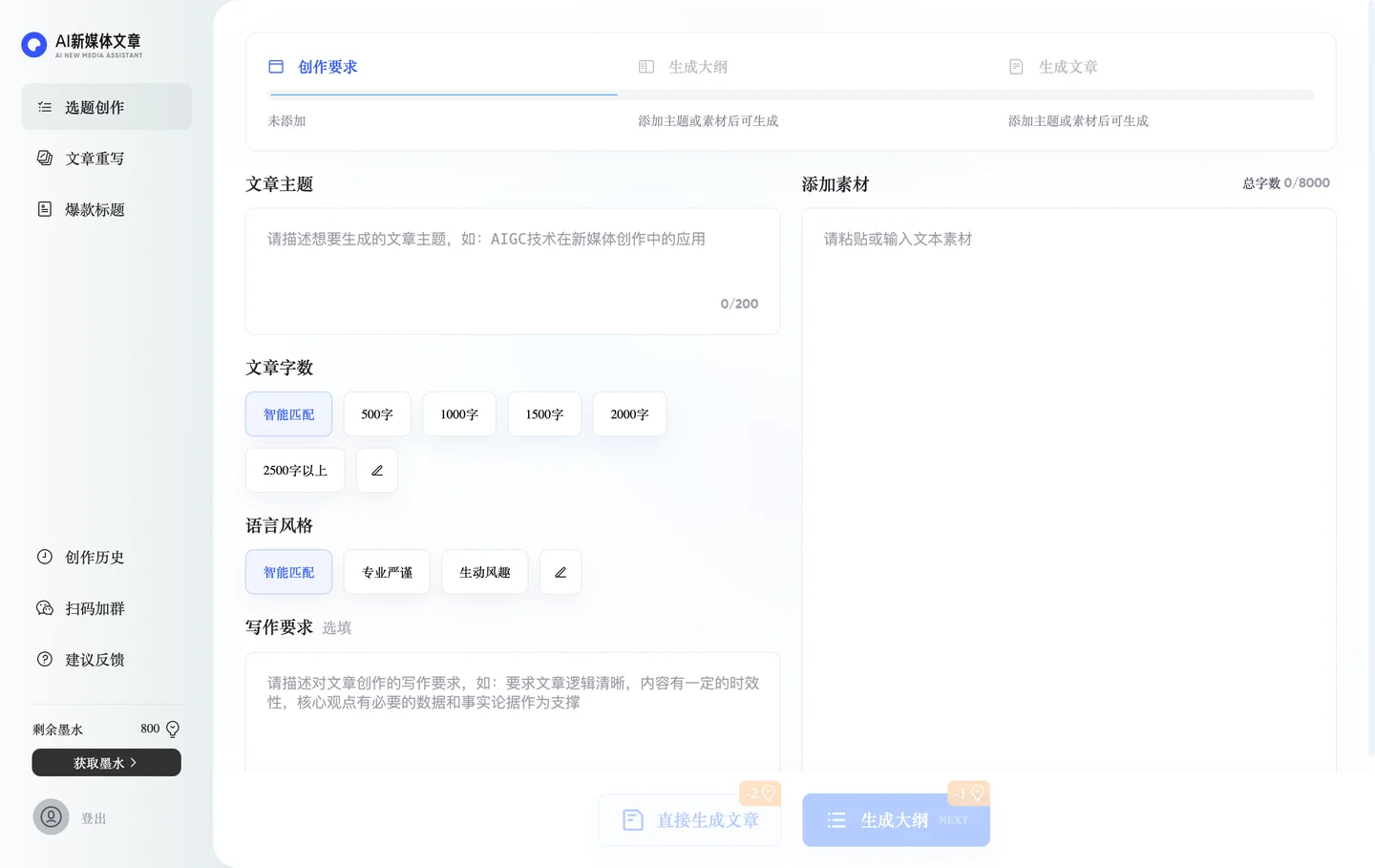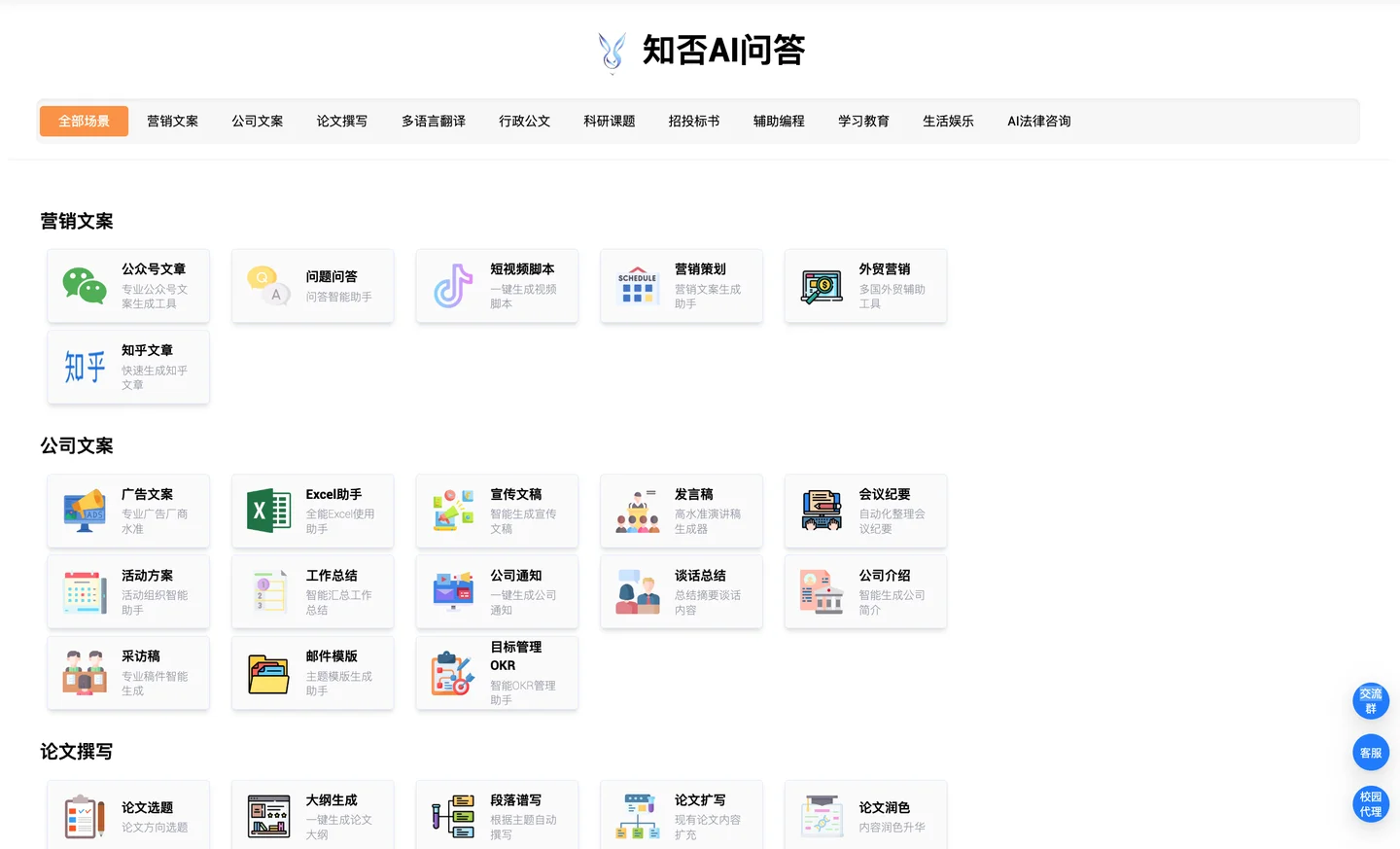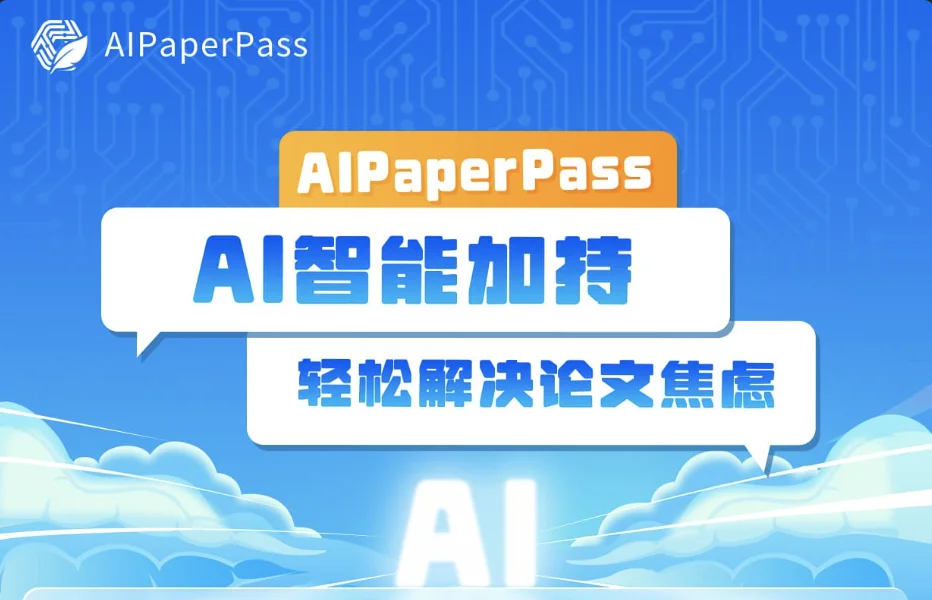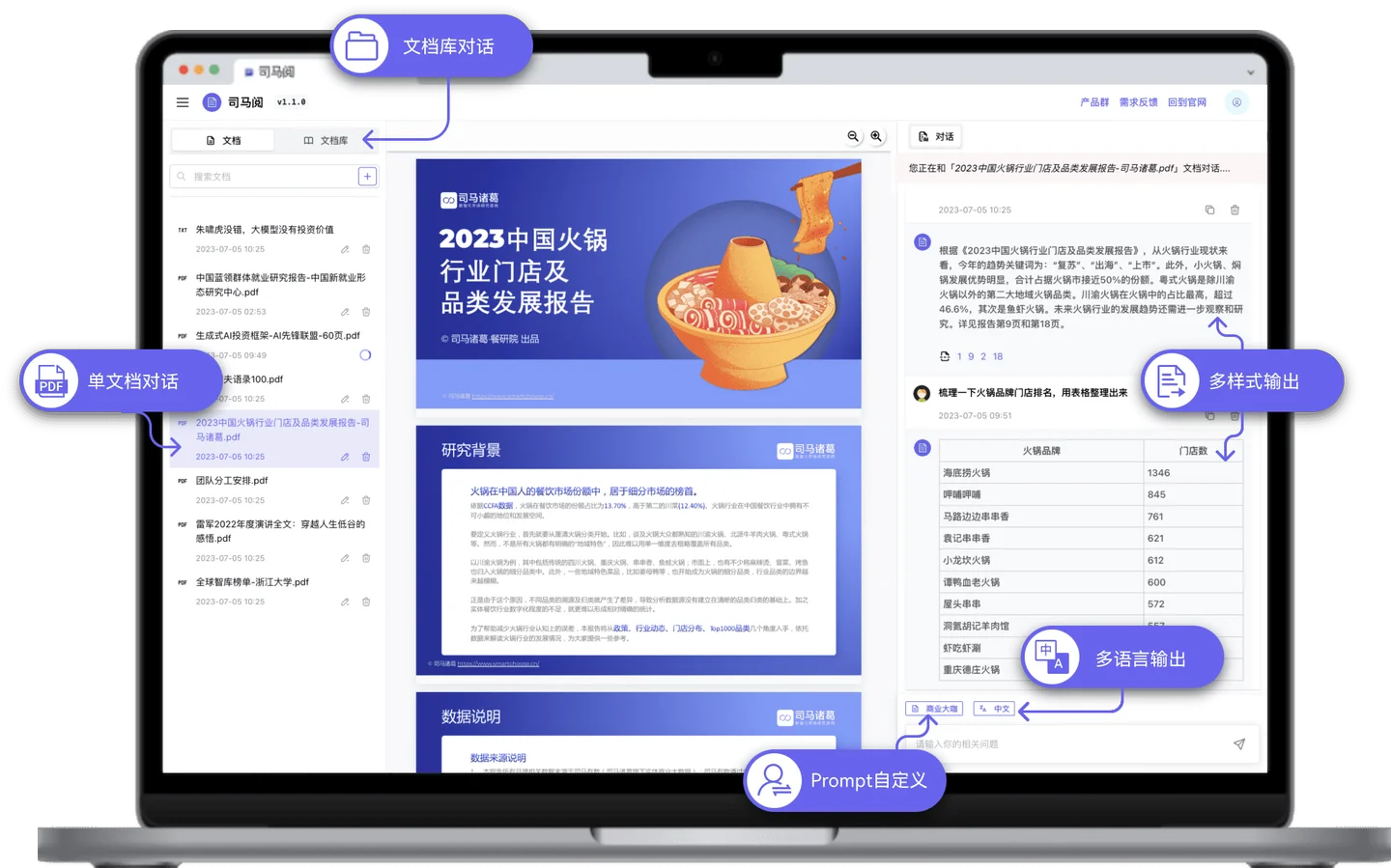- College faculty fear students might use ChatGPT to compose essay assignments.
- Similarly, high school students may be tempted to use the chatbot to write college application essays.
- ChatGPT generates usable content that often lacks personality and authenticity.
- The use of ChatGPT poses ethical and moral dilemmas around plagiarism and cheating.
It's just about 11 p.m. on a Tuesday night, and your 2,000-word essay on Chaucer is due by 9 a.m., when English 525 next meets in Bennett Hall. Panicked, you review your sketchy notes and your few lines of text, incoherent blather about pilgrims and social upheaval and corruption and conflict and … dear God, why did I take this course? I've got nothing.
Yet you quickly remember salvation lies a few keystrokes away in the form of a chatbot brimming with artificial intelligence on every subject known to man, including Chaucer. You toggle over to OpenAI, log in to ChatGPT, and type in your query.
Bam! Instant essay. And it's actually pretty good, hitting on all the key points and making convincing arguments. The writing isn't exactly deathless prose, but it'll suffice. You can tweak it a bit to make it sound more like you. At least the hard part is over. Rest easy, fair squire.
Nationwide, millions of college students wrestle with this temptation, causing wary faculty members to rethink their assignments for lack of trust.
What's more, even before they arrive on campus, students are using ChatGPT to write personal statements for their college applications.
Some say ChatGPT has ruined the essay. Others aren't nearly as concerned.
Can ChatGPT Write College-Level Essays?
It most certainly can, though with certain limitations. And it's not exactly ethical.
Here's what the chatbot itself had to say about the matter:
ChatGPT is a powerful language model that can generate text on a wide range of topics, including college-level content. However, it is important to note that while ChatGPT can generate text that may resemble a college-level essay, it does not have the ability to understand the subject matter or the purpose of the essay, and therefore it may not be able to write a high-quality, well-researched, and well-argued essay.
Additionally, using text generated by ChatGPT as if it were your own work in a college setting would be considered plagiarism, and it is generally not accepted by educational institutions. It is important to use the generated text as a tool for inspiration, and not as a final submission.
Such meta self-reflection is rather ironic: an AI-generated essay on the limitations of the AI-generated essay.
Yet faculty have every reason to be concerned, and they are. In his Inside Higher Ed piece titled "Freaking Out About ChatGPT," John Warner says he fed it "a bunch of sample questions from past AP exams in literature, history and political science, and it crushed them."
This clearly has implications for college-level assignments.
Thus far, colleges haven't freaked out enough to ban the use of ChatGPT — that is, no colleges in the U.S. One French university, known colloquially as Sciences Po, prohibits its students from using the tool.
At the K-12 level, the New York City Department of Education announced in January its blockage of ChatGPT on school devices, citing its "negative impacts on student learning, and concerns regarding the safety and accuracy of content." A month earlier, the Los Angeles Unified School District did the same thing.
Not that colleges aren't paying close attention and responding to this emerging threat.
Montclair State University, for example, offers its faculty advice on how to design assignments, give exams, and recognize bot-driven content.
Some of these recommendations echo what others in higher ed are saying: Assign in-class work. Have students collaborate in groups. Link writing prompts to current events (ChatGPT's bank of knowledge doesn't extend beyond 2021). Make students write papers by hand.
Others go so far as to tout the benefits of ChatGPT, saying it helps students overcome writer's block, discover ideas to guide their writing, and see examples of competent grammar and punctuation usage. Students whose first language isn't English might find it especially valuable.
People in this camp don't buy into the notion that the emergence of artificial intelligence signals the arrival of the educational apocalypse.
"I'm not a huge fan of the gloom and doom," said Pennsylvania State University English professor Stuart Selber, "Every year or two, there's something that's ostensibly going to take down higher education as we know it. So far, that hasn't happened."
Above all, academics say, be more creative with assignments. Avoid generic questions ChatGPT can easily answer. Require students to draw on their own experience and reflect on moments in ways a chatbot couldn't possibly offer.
"Time for a new final exam, one that demands students find out something about themselves and tell it to you in a voice that is their own," University of Iowa English professor Blaine Greteman wrote in Newsweek. "To do that, they will have to feel something, and find a form to express it that makes you feel it too. No machine will ever be able to replicate that."
A current Princeton student agrees.
"If students are being assigned essays that can be written by ChatGPT," Christopher Lidard wrote in The Daily Princetonian, "perhaps it's not a good assignment in the first place."
So if your assignment asked you to choose a character from "The Canterbury Tales" and relate their story to some aspect of your own journey, would you find ChatGPT a viable substitute for individual expression?
Using ChatGPT to Craft College Application Essays
Perhaps you're already familiar with essay prompts requiring meaningful self-reflection. Many college application essays follow that very prescription.
If you're already in college, especially a junior or senior taking 500-level courses on Chaucer, you likely didn't have the opportunity to ask a chatbot for help with your admissions essays. It's a relatively recent phenomenon, one that's certainly getting the attention of admissions offices everywhere.
"There is some consternation in the admissions space about these technologies," said Anthony Lising Antonio, associate professor of education at Stanford, "and with obvious good reason."
Folks at Forbes had fun with ChatGPT, asking it to write college admissions essays based on specific background information on two students. Each took about 10 minutes to complete. And the results were fairly decent. For students not especially eager to attend a particular school but needing to submit something plausible, this approach might suffice.
But it's hardly the stuff of admissions-office lore.
That's because the typical output from ChatGPT and similar bots lacks soul and individuality, qualities admissions officers seek. Counselors at Ivy Experience, a college essay and admissions coaching firm, say students should offer "personal, authentic details" about themselves.
After toying with ChatGPT, the Ivy staff found the results brimming with emotion yet all too generic.
"These are broad, sweeping, grand statements written with emotional language and sentiments, but there is no substance," they concluded. … "There are no personal insights, details, or anecdotes."
Details, they claim, are the "key ingredient to vulnerability and authenticity."
New York Times columnist David Brooks concurs.
"It's often bland and vague," he writes about AI-generated content. "It's missing a humanistic core. It's missing an individual person's passion, pain, longings and a life of deeply felt personal experiences. It does not spring from a person's imagination, bursts of insight, anxiety and joy that underlie any profound work of human creativity."
Instead of emphasizing the traditional essay, some suggest, college admissions officers should encourage students to express themselves in other ways. Expand the use of interviews and urge students to submit videos, advise Mike Dunn and Chris Horne. At the same time, embrace the inevitability of ChatGPT and similar tools, laying ground rules about their use and limitations.
"This is an opportunity for college admissions stakeholders to collectively brainstorm novel approaches to this novel issue," they conclude.
So … Should ChatGPT Write Your College Essays?
That's up to each student to decide based on their moral compass. Passing off AI-generated content as your own may or may not constitute plagiarism, but it certainly is ethically dubious. If you get caught, the ramifications could be serious. It's a high-stakes gamble.
Yet the more salient question is this: Do you want artificial intelligence replacing your own? Do you want to express your thoughts and views, your unique take on the world, or do you want a computer to do that for you?
A chatbot might have a lot to say about Chaucer, but it's only what others have written. It's a good start, one that might prompt you to consider new ideas, but ultimately it's up to you to process that information, form your own thoughts, and communicate in your own words.
现在它& # 39;快到11:30了,而你& # 39;你仍然盯着随机收集的句子片段和一个嘲弄你和你的作者的光标。每眨一次眼睛就挡住一次。拖延不是你的朋友。
但是有& # 39;现在还来得及。亡羊补牢,犹未为晚。






